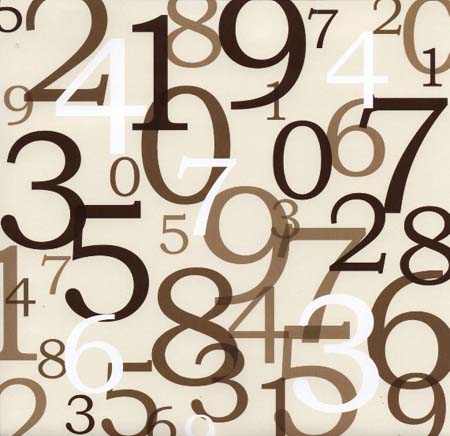German traceability pilot for medicines is announced
Phil Taylor, 08-Sep-2011
 A wide-ranging track-and-trace pilot for medicines has been announced in Germany, bringing together the drug industry, wholesalers and pharmacists with the common objective of improving the security of the pharmaceutical supply chain.
A wide-ranging track-and-trace pilot for medicines has been announced in Germany, bringing together the drug industry, wholesalers and pharmacists with the common objective of improving the security of the pharmaceutical supply chain.
The securPharm pilot is expected to get underway on January 1, 2013 and will involve placing unique, serialised 2D datamatrix codes on medicines at the point of manufacture, in order to allow them to be scanned and authenticated by pharmacists at the point of dispensing in a so-called 'end-to-end' system.
In that respect it shares many of the characteristics of the pilot in Sweden carried out by the European Federation of Pharmaceuticals Industries & Associations (EFPIA), although it does differ in one key aspect in that it does not rely on the use of a centralised database to handle and record transactions.
Rather, the securPharm pilot will make use of two separate databases, one accessible to the pharmaceutical manufacturers and the other to the pharmacists, who have traditionally resisted ceding control over the ownership of prescribing data. Wholesalers will be able to have access to the databases, but only in cases where there is a potential breach in security, for example if a counterfeit medicine is suspected.
EFPIA's decision to operate a single database was one of the reasons why its pilot was swapped to Sweden from Germany.
The expectation is that the technology used in the three-month feasibility pilot could be rolled out across Germany by 2016 and could serve as a model for other European countries in the context of the recently-adopted Directive on Falsified Medicines, which is expected to come into effect around the same time.
The Directive calls for the addition of "safety feature" to medicine packs in order to identify and authenticate individual packs, but is short on explicit detail about how this should be implemented in practice. Those details should be provided via the EU's delegated acts process (see 'End of the beginning' for EU Falsified Medicines Directive). Anti-tamper technology is also required, but the format used will be at the discretion of the pharmaceutical manufacturer.
At a press conference to announce the project, Dr. Reinhard Hoferichter of Sanofi, who is heading up the securPharm initiative, said that in 2010 1.4 billion packs of medicines were dispensed by pharmacists in Germany, and there were nine incidents in which counterfeit medicines were encountered in the legitimate supply chain.
Hoferichter sees the development of an EU-wide traceability scheme coming in two stages: the implementation of functional, national systems, followed by the linking of those systems to a European network.
A compelling feature of the German pilot, he added, is that it involves such a broad spectrum of stakeholders. Industry is represented by several trade groups, including those representing the research-based industry and generics manufacturers, as well as wholesaler and hospital pharmacy organisations and parallel importers. All the main parties are helping to fund the pilot programme.
The costs for pharmacists related to the securPharm project are expected to come somewhere in the region of 1,000 to 1,500 euros, and will go mainly on new scanners and software to handle the authentication process.



©
SecuringIndustry.com
 | back to top
| back to top




 A wide-ranging track-and-trace pilot for medicines has been announced in Germany, bringing together the drug industry, wholesalers and pharmacists with the common objective of improving the security of the pharmaceutical supply chain.
A wide-ranging track-and-trace pilot for medicines has been announced in Germany, bringing together the drug industry, wholesalers and pharmacists with the common objective of improving the security of the pharmaceutical supply chain. 
